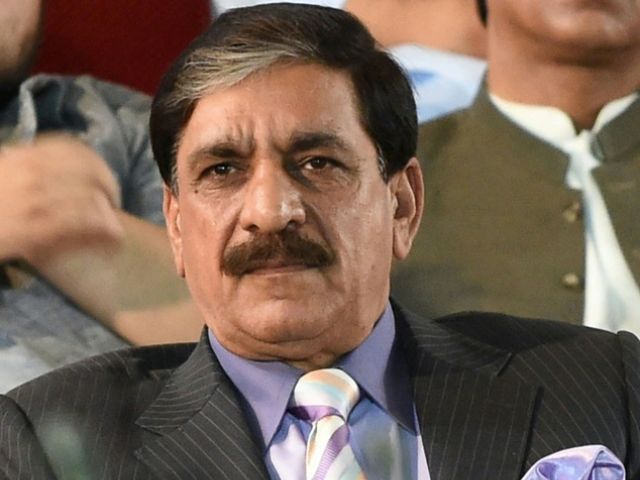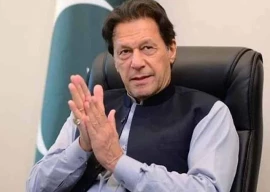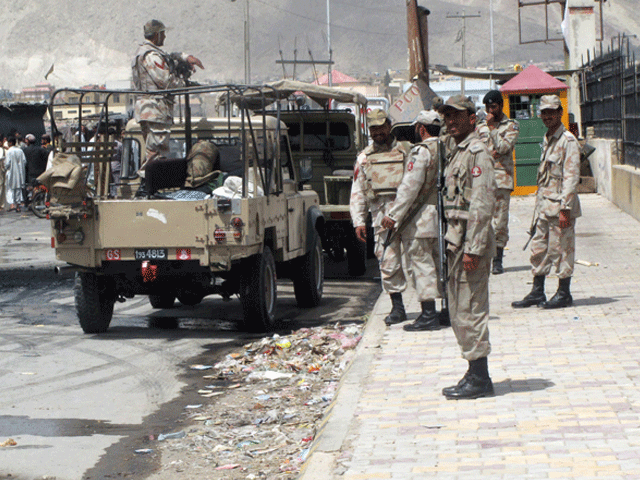
“These countries also want to undermine China-Pakistan Economic Corridor (CPEC),” said Gen Janjua while briefing a meeting of the National Ulema Mashaikh Council presided over by Minister for Religious Affairs Sardar Mohammad Yousaf.
Gen Janjua was invited to brief the participants on the internal and external security challenges as well as steps being taken by the government to streamline religious seminaries. Due to the sensitivity of the topic, media was not invited to cover the event.
Indian nuclear expansion can lead to ‘deterrence failure’
Later, the officials of the Ministry of Religious Affairs issued an official statement quoting the NSA as saying that certain international and regional countries were not in favour of CPEC.
Gen Janjua did not name any country, but he was certainly referring to the growing strategic partnership between the US and India. “The same powers are also against peace and stability in Afghanistan,” he claimed.
The NSA said current situation required of Pakistan to maintain unity in its ranks not only to thwart such challenges but also to set its priorities straight.
“Apart from protecting our geographical and ideological boundaries, we need to keep an eye on our internal challenges,” he stressed.
He also briefed the meeting about steps the government was taking to reform religious seminaries. However, the statement did not provide further details.
North Korea warned of 'real consequences' over weapons programme
However, the religious affairs minister said soon some of the seminaries would be given college and university status, adding that students studying at these seminaries would opt to join Pakistan Army or police or other reputable professions on completing their studies.
During the meeting, a unanimous resolution was passed to show solidarity with the Rohingya Muslims. The participants demanded that Pakistan must consider severing diplomatic ties with Myanmar if its forces do not stop atrocities against the innocent Muslims.
They also urged the United Nations to take urgent steps to bring perpetrators of heinous crimes against Rohingya Muslims to justice.
On the occasion, the Ulema council also agreed to a code of conduct in order to ensure peace and tranquility during Muharram-ul Haram. They agreed that Ulema belonging to the various schools of thought would work for sectarian harmony and avoid making provocative statements during the holy month.

1722586547-0/Untitled-design-(73)1722586547-0-165x106.webp)


1732326457-0/prime-(1)1732326457-0-165x106.webp)












COMMENTS
Comments are moderated and generally will be posted if they are on-topic and not abusive.
For more information, please see our Comments FAQ